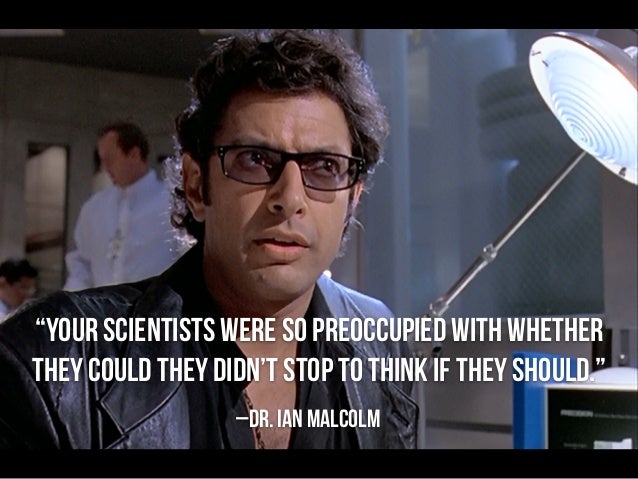Just reported today, July 7, 2017 that Canadian scientists used commercially available genetic material to successfully revive an extinct virus that is the cousin to a highly deadly virus that killed 1 billion people before being successfully eradicated: https://www.washingtonpost.com/news...term=.752d97063bc3&wpisrc=al_alert-hse&wpmk=1
EDIT: Look at this, according to Science, now that scientists managed to synthesize horsepox using mail-order DNA, it's possible to synthesize smallpox: https://www.sciencemag.org/news/201...rs-built-poxvirus-100000-using-mail-order-dna
July 7, 2017
Scientists in Canada have used commercially available genetic material to piece together the extinct horsepox virus, a cousin of the smallpox virus that killed as many as a billion human beings before being eradicated.
The laboratory achievement was reported Thursday in a news article in the journal Science.
The lead researcher in Canada, David Evans, a professor at the University of Alberta, told The Washington Post that his efforts are aimed at developing vaccines and cancer treatments. There is nothing dangerous about the synthetic horsepox virus, which is not harmful to humans.
He has not yet published his findings in a scientific journal — how to report this kind of research is necessarily fraught for the editors of such journals — but he did discuss them at a meeting on smallpox research last November at the World Health Organization in Geneva. A report on the meeting published by the WHO noted that Evans had received approval from regulatory authorities for his work, but the report added that those authorities may not have fully appreciated the need for regulation of the steps involved in synthesizing a virulent horse pathogen.
Evans said he has applied for a patent and is collaborating with a commercial company, Tonix Pharmaceuticals. In a news release, Tonix said it hopes to use horsepox virus to develop a new vaccine for smallpox that is safer than the one currently available, which can have serious side effects.
Evans said he was not trying to prove a point, but he acknowledged that he has long argued that it would be possible to synthesize a pox virus through laboratory techniques.
Evans's experiment, according to Science, required about $100,000, a relatively modest sum, and used commercially available genetic material. Companies sell scraps of cloned DNA that scientists stitch together. Laws restrict access to smallpox genes, however, and Evans said that even a highly credentialed researcher would not be able to obtain such material: ”You'd probably get a call from the FBI if you tried."
This is not the first experimental work on engineered pox viruses. In 2001, Australian researchers manipulated the genetic code of mouse pox and showed that it could be deadly even to those who had been vaccinated or naturally immune. A researcher in St. Louis demonstrated similar alterations in mouse pox in 2003, inciting alarms about the potential misuse of biomedical experiments.
EDIT: Look at this, according to Science, now that scientists managed to synthesize horsepox using mail-order DNA, it's possible to synthesize smallpox: https://www.sciencemag.org/news/201...rs-built-poxvirus-100000-using-mail-order-dna
A group led by virologist David Evans of the University of Alberta in Edmonton, Canada, says it has synthesized the horsepox virus, a relative of smallpox, from genetic pieces ordered in the mail. Horsepox is not known to harm humans—and like smallpox, researchers believe it no longer exists in nature; nor is it seen as a major agricultural threat. But the technique Evans used could be used to recreate smallpox, a horrific disease that was declared eradicated in 1980. "No question. If it's possible with horsepox, it's possible with smallpox," says virologist Gerd Sutter of Ludwig Maximilians University in Munich, Germany.
Evans hopes the research—most of which was done by research associate Ryan Noyce—will help unravel the origins of a centuries-old smallpox vaccine and lead to new, better vaccines or even cancer therapeutics. Scientifically, the achievement isn't a big surprise. Researchers had assumed it would one day be possible to synthesize poxviruses since virologists assembled the much smaller poliovirus from scratch in 2002. But the new work—like the poliovirus reconstitutions before it—is raising troubling questions about how terrorists or rogue states could use modern biotechnology. Given that backdrop, the study marks "an important milestone, a proof of concept of what can be done with viral synthesis,” says bioethicist Nicholas Evans—who's not related to David Evans—of the University of Massachusetts in Lowell.



